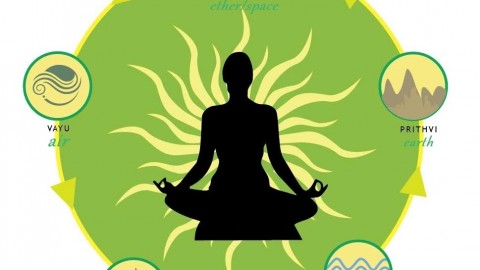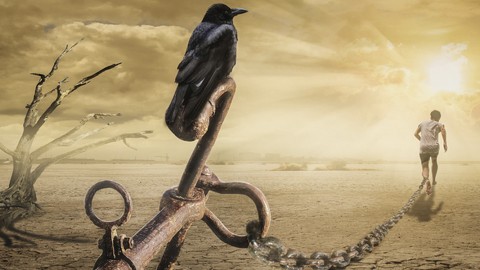External Conditions
You have a lot of power and freedom to become free internally from external conditions. That includes other people and whatever they do and how they behave. They no longer have the power to determine your inner state of consciousness.
If you meet a person who’s rude to you, for example, your thoughts automatically are, You shouldn’t behave like that! But of course, these thoughts conflict with reality, because the person is behaving like that. [When you are observing,] you’re able to let go of those thoughts. You’ve realized the fallacy of internally arguing with what is. And you can simply be with what is in any given situation.
Personal challenges can sometimes be quite big, whether they’re challenges with health, finances, or relationships. Yet sometimes those personal ones are actually connected to the larger challenges in the collective.
We need to save the planet, of course. Yes, it’s true that we need to save the planet. But let’s not fall into the erroneous thinking that all the solutions are out there somewhere. Because most of the problems—violence, pollution, war, terrorism—all those things have their origin in human consciousness or unconsciousness. So your primary responsibility is not doing anything outside of you; your primary responsibility is your own state of consciousness. And once that is achieved, then whatever you do and whomever you come into contact with, and even many people you don’t come into direct contact with, get affected by your state of consciousness.
If you don’t take responsibility for your state of consciousness, and you believe all the solutions are out there, then you fall into errors like they did with communism, for example. The initial motivation for communism was actually idealistic; it was good. The proponents said, “There’s so much injustice in the world—there are people who are exploiting millions of others,” which was true. They wanted to create a society that was more just and fair and do away with personal property. It all sounded wonderful, but what they had neglected was there was no change in their state of consciousness. And once they got into power, they re-created the same evils. What they ended up with was as bad as, if not worse than, what they had fought against. So many revolutions have ended up like that. Initially people had good intentions, but good intentions are not enough if you bring your old state of consciousness to them.
ON BEING YOU
1. “Give up defining yourself — to yourself or to others. You won’t die. You will come to life. And don’t be concerned with how others define you. When they define you, they are limiting themselves, so it’s their problem. Whenever you interact with people, don’t be there primarily as a function or a role, but as the field of conscious Presence. You can only lose something that you have, but you cannot lose something that you are.
2. “Being must be felt. It can’t be thought.”
3. “You do not become good by trying to be good, but by finding the goodness that is already within you, and allowing that goodness to emerge. But it can only emerge if something fundamental changes in your state of consciousness.”
4. “If you get the inside right, the outside will fall into place. Primary reality is within; secondary reality without.”
5. “If your mind carries a heavy burden of past, you will experience more of the same. The past perpetuates itself through lack of presence. The quality of your consciousness at this moment is what shapes the future.”











